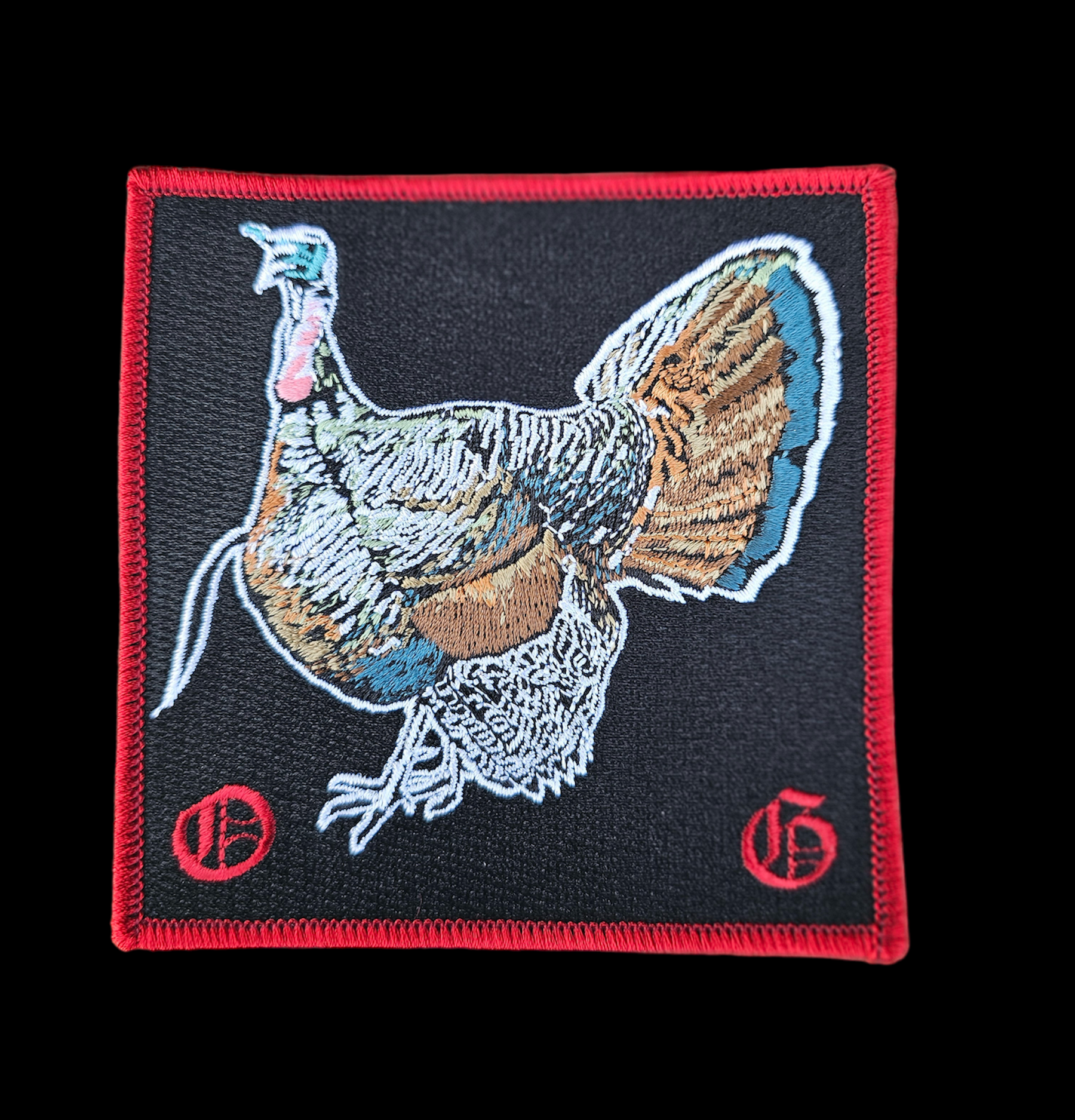       |
Turkey hunting forum for turkey hunting tipsThe world needs to eat less meat to save the planet
Beginner Turkey Tips?Started by TacticalDuder, February 28, 2015, 12:19:53 PM Previous topic - Next topic
User actions
|
       |
Turkey hunting forum for turkey hunting tipsThe world needs to eat less meat to save the planet
Beginner Turkey Tips?Started by TacticalDuder, February 28, 2015, 12:19:53 PM Previous topic - Next topic
User actions
|